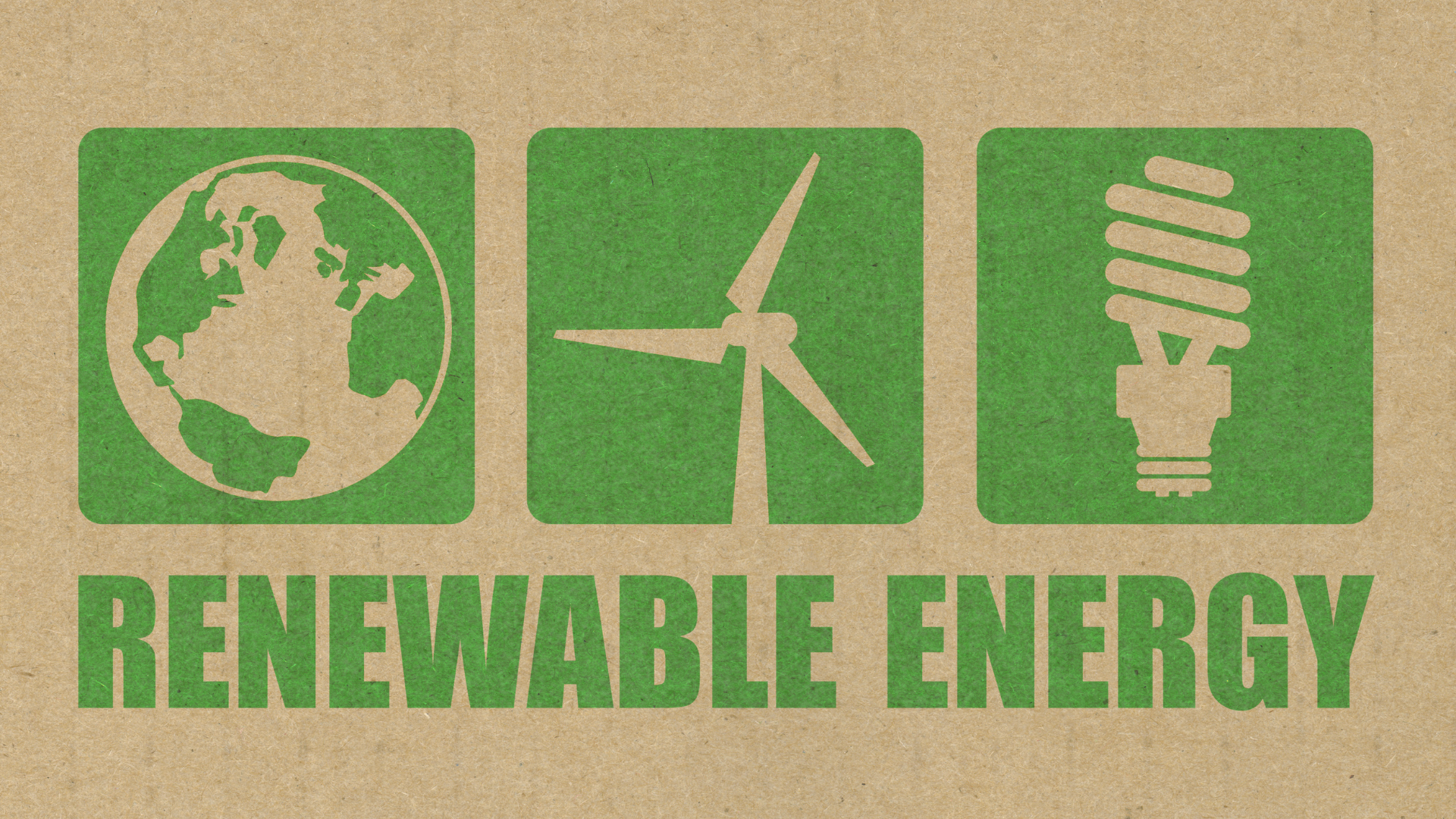In a bold step toward building climate-resilient communities, the Climate Change Commission (CCC) and the Global Green Growth Institute (GGGI) have launched two forward-thinking renewable energy initiatives—floating solar photovoltaics and carbon-neutral railways. More than just technological innovations, these projects are strategic investments in the safety, stability, and sustainability of local communities across the country.
Under the banner of the Korea Green New Deal Trust Fund (KGNDF), these initiatives aim to transform how energy and transport systems operate—bringing cleaner, more sustainable infrastructure directly into the heart of Filipino communities. With the CCC steering national coordination, the projects are positioned to not only address the growing threat of climate change but also empower communities to thrive amid environmental challenges.
Floating Solar: Clean Energy Rooted in Water and Community
The “Advancing Renewable Energy Through Floating Solar Photovoltaics (FPV)” project is especially relevant for rural and agricultural areas. Installed on irrigation reservoirs and dams, these floating solar panels offer an efficient use of space without displacing farmlands or ecosystems. In places like Bustos, Bulacan, where field assessments have already begun, the initiative is projected to provide clean power for both households and agriculture—cutting costs, reducing emissions, and increasing energy reliability during typhoons and dry spells.
Moreover, the involvement of local government units (LGUs) and agencies like the National Irrigation Administration (NIA) ensures that these energy solutions are rooted in local needs and built with community input. The direct engagement of LGUs in Bustos and San Rafael demonstrates a growing awareness and ownership of climate solutions at the grassroots level.
Carbon-Neutral Railways: Sustainable Mobility for Safer Cities
The shift towards carbon-neutral railway systems, through the “Towards Carbon-Neutral Rails” project, is another crucial investment in long-term resilience. By integrating sustainable energy into public transport, the initiative reduces the nation’s dependence on fossil fuels and enhances the reliability of mobility systems during disasters. Cleaner railways mean less air pollution and more dependable transport—especially vital for urban communities vulnerable to flooding and power interruptions.
This development is also expected to benefit working-class Filipinos who rely on affordable public transit. In coordination with the Department of Transportation (DOTr) and Philippine National Railways (PNR), the carbon-neutral railway initiative will build transport systems that are not only eco-friendly but also socially inclusive.
From Policy to Progress: Climate Governance at Work
Behind these technologies is a robust framework of climate governance led by the CCC. Through high-level forums, technical assessments, and multi-agency coordination, the CCC and GGGI are embedding climate resilience into the very systems that power Filipino life. Capacity-building activities and financial modeling provided by GGGI are helping ensure that these projects are sustainable—not just environmentally, but economically and institutionally as well.
Commissioner Albert Dela Cruz emphasized that these projects “will contribute directly to a resilient and sustainable future for every Filipino.” This sentiment is echoed by Kyung Nam Shin of GGGI, who noted the significance of collaborative leadership in making a climate-smart Philippines a reality.
Building Resilience, One Community at a Time
The joint work of CCC and GGGI is more than a showcase of innovation—it is a lifeline for communities facing the worsening impacts of climate change. By integrating renewable energy into agriculture, transport, and governance, these projects help ensure that Filipino communities are better equipped to face tomorrow’s storms, droughts, and disruptions.
In the years ahead, as floating solar panels shimmer on dam waters and trains glide more cleanly across regions, these initiatives will stand as testaments to what resilience looks like—community-driven, climate-smart, and deeply Filipino.



Leave a Reply